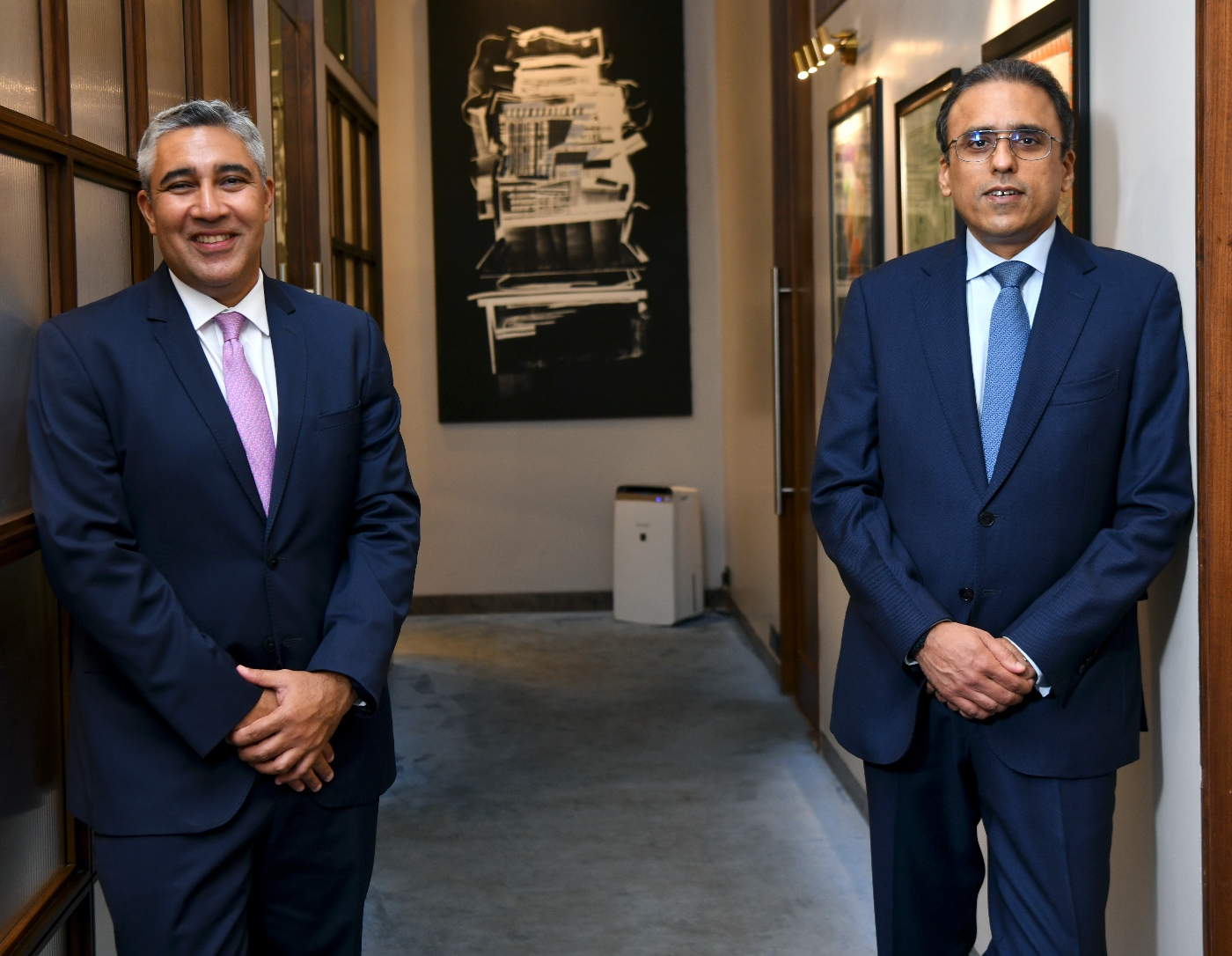
Tech advances likely to pose challenges for corporates
Lalatendu Mishra, The Hindu
A recent Canadian court ruling upholding the use of an emoji as a valid gesture of acceptance of a contract has flagged the risks that Indian corporates could face from lack of preparedness
Advances in technology and AI tools are likely to pose challenges for corporates in safely running their businesses according to two legal experts. To guard against these challenges, several companies and their boards are scrambling to embrace some of these advances and tools.
The recent decision of a Canadian court accepting the use of an emoji in a communication as acceptance of a contract has raised alarm bells in boardrooms worldwide, including in India. Given the rapidly expanding use of messaging platforms to hold discussions, and even arrive at decisions, the Canadian court’s ruling is seen as an eye opener, the legal experts said.
The case pertains to a Canadian farmer who was sued by a grain buyer for failing to deliver 86 tons of flax. The grain buyer had alleged that he had discussed the potential purchase with the farmer over the phone and sent a message with a draft contract, requesting the farmer to confirm the flax contract. In response, the farmer sent a ‘thumbs-up’ emoji but did not subsequently meet the specified deadline for delivering the flax.
While the grain buyer claimed that the emoji indicated their deal was sealed, the farmer argued that the emoji was only meant to confirm receipt of the contract and not to signify acceptance of the agreement or its terms.
The court ruled in favour of the grain buyer and ordered the farmer to pay $82,000 in Canadian dollars (approximately ₹50 lakh) for failure to fulfil the contract.
According to the legal experts, such cases may come up in India as well because contracts are now increasingly being discussed over messaging platforms.
While only e-mails were considered as having evidentiary value in courts till recently, the Canadian court’s ruling, experts opine, could result in WhatsApp emoticons making their way to courts here as well.
Abhijit Joshi, founding and managing partner, Veritas Legal, a new age law firm, said most organisations today embrace technological advances, which are complex and cannot always function within a tacit framework of rules.
“Since there is no comparable body of knowledge or best practices, Boards at times may not adequately consider the governance of technology, which can be dangerous. For this reason, more and more organisations are forming separate IT / AI Boards to address the complexities and challenges of advances in technology,” he said.
“For this, Boards must regularly review their security and reliability measures to prevent any glitch in services or attack on technology. Additionally, investments can be made in back-up systems as well as project management systems, including entering into service level agreements,” he added.
Voice replication using AI, or impersonation of a person on a WhatsApp group following identity theft, can also emerge as major challenges for corporates, given the risks to business integrity.
Legal experts see a lot of legal propositions being tested in the wake of technological advances. Companies need to take measures to safeguard themselves, while making optimal use of these advances, they add.
Several companies and their Boards have been seeking the services of tech experts and law firms to pre-empt risks and suggest ways to mitigate them, according to these legal experts.
“Regular training and awareness programs should be conducted, and proper policies and procedures be framed and put into place,” says Rahul Dwarkadas, co-founding partner, Veritas Legal.
“For example, educating the Board and employees that the use of technology, which apart from providing alternative options that differ from the traditional manner in doing things, such as executing a contract, can nonetheless convey an affirmation even if made informally or with the use of signage,” he said.
“The Board and organisations will not be able to stem the tide of technology and must be ready to meet the new challenges that arise from its use. These safeguards are some of the ways to make sure that Board has complete oversight and accountability,” Mr. Dwarkadas added.
The solution to safeguard boardrooms from the tech risks lies in four steps: awareness and education, anticipation of the problems, investment in training and safeguard measures, and liability insulation.Proud of the culture that Veritas has created over the years, Dwarkadas firmly believes that it needs to be preserved. As for plans, he is certain that Veritas Legal will only grow further from here (it is already 100-member strong). “We will grow over time, but incrementally. We want to grow without losing our culture and philosophy,” he says. Interestingly, Joshi and his 14 partners’ visiting cards are not different from a junior lawyer at the firm or even that of the executive assistant. At Veritas Legal, nobody holds specific job titles; instead, everyone shares a unified vision for their work.“The new templates are borrowing from similar deeds in other countries, giving more importance to protection of wealth rather than just management of wealth,” he said. Private trusts in India come under the aegis of the Indian Trust Act and usually cover assets such as houses, shares and financial investments. A DFS is drawn up when a family decides to split its assets and typically includes division of wealth, non-compete clauses and use of the family name. A family charter or constitution is a document outlining the values, principles and rules governing the business. It serves as a guide to clarify roles and expectations but is often not legally binding, the experts.
